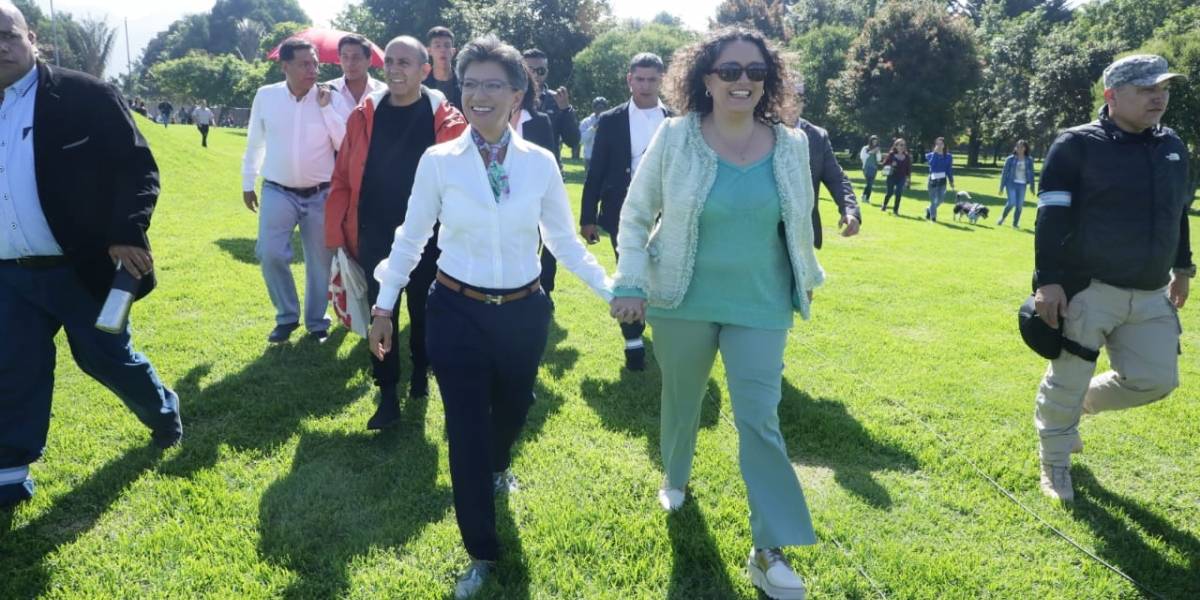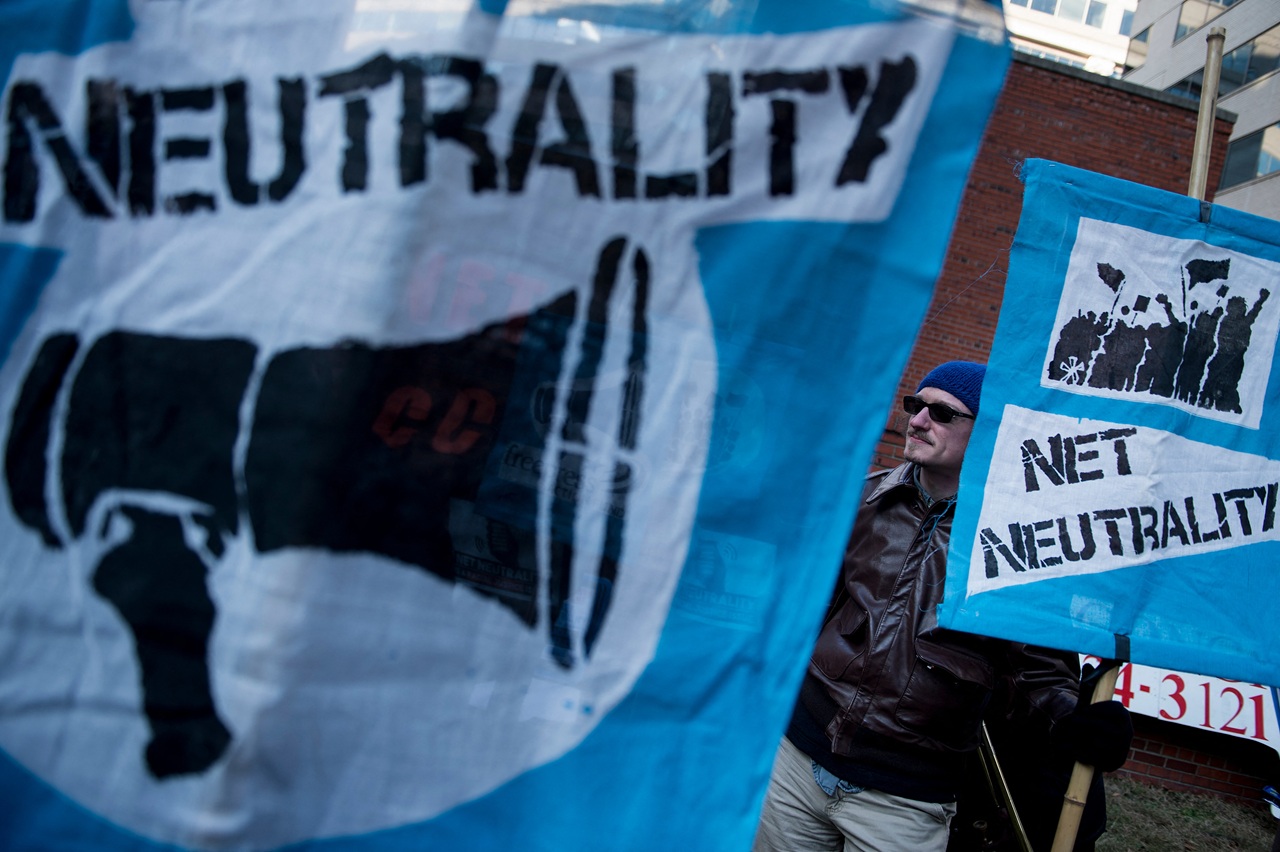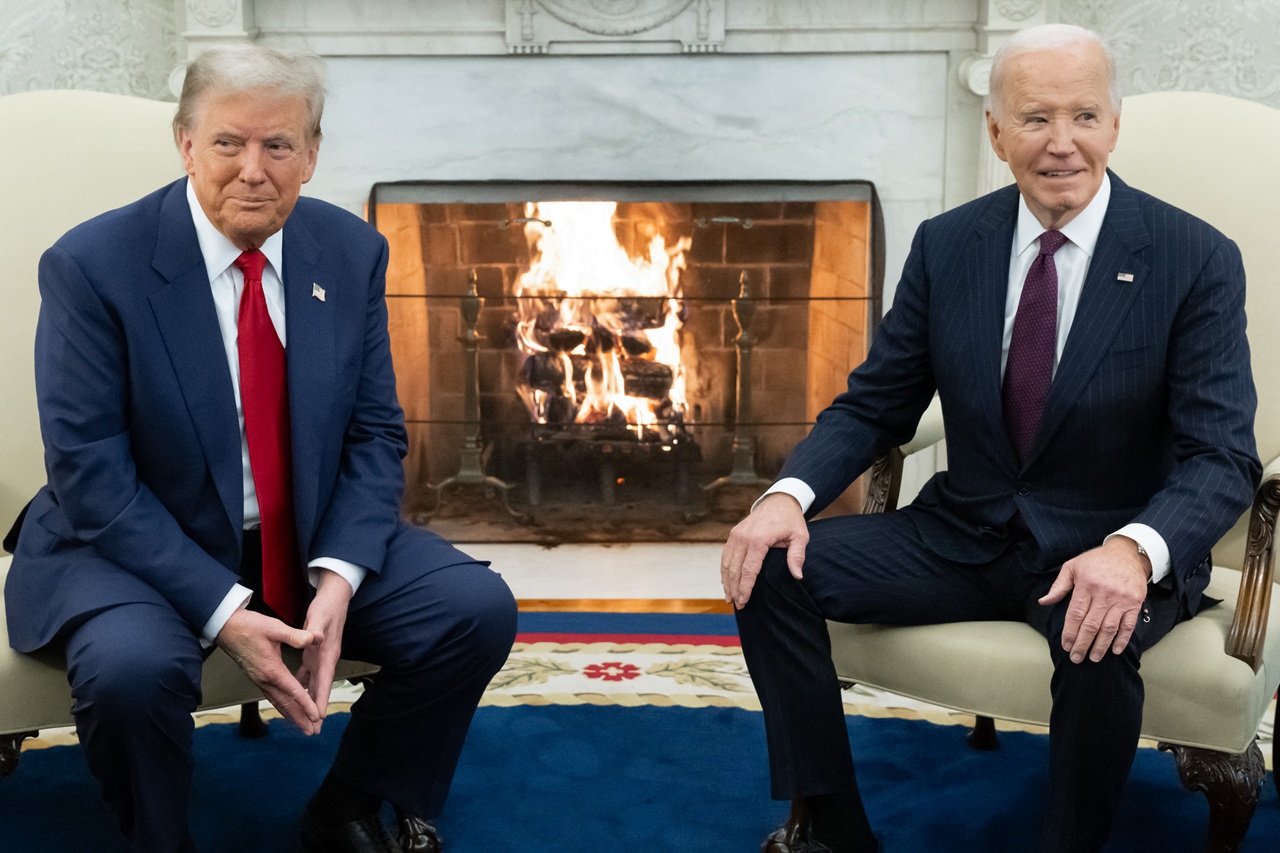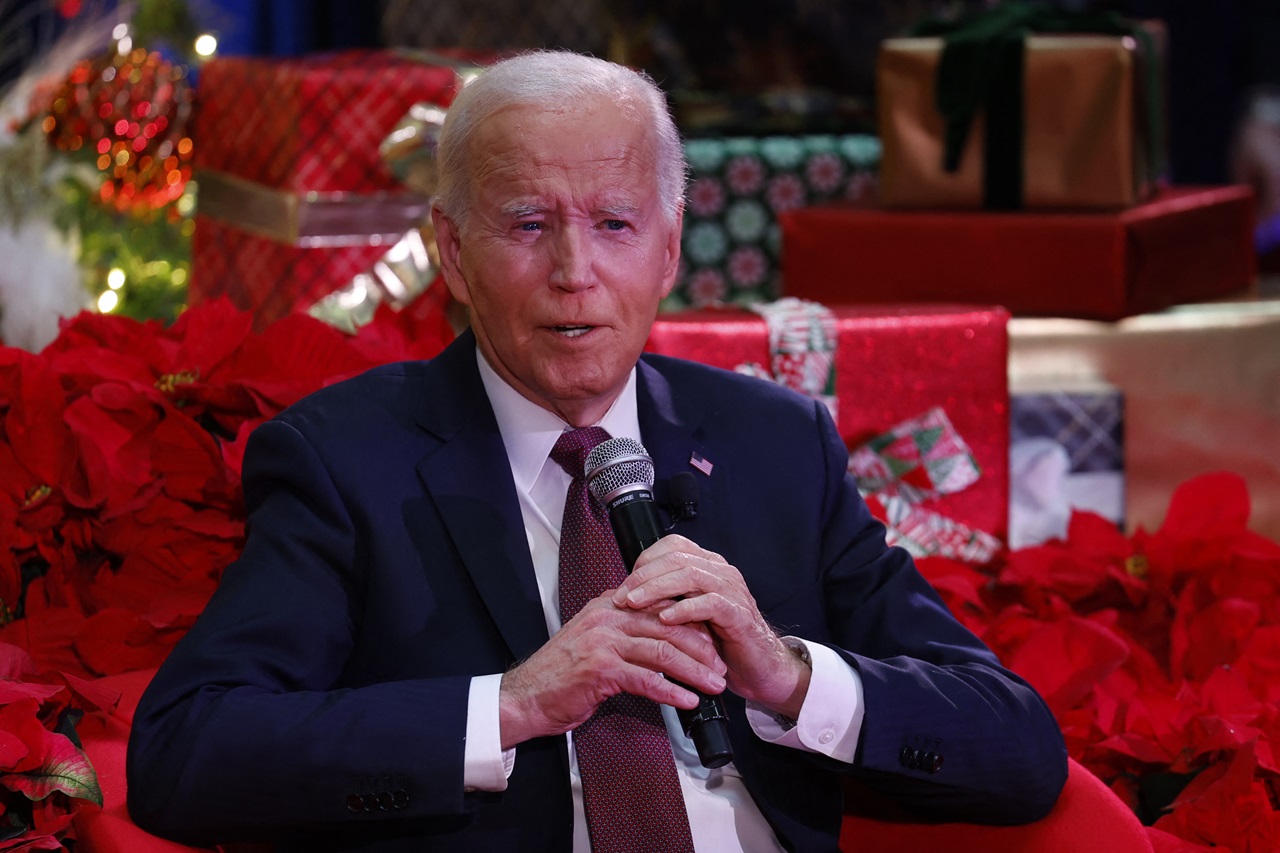
Who's Who: Bogota's New Mayoress
In a historic change, on January 1st Claudia Lopez took office. She is the first woman to hold the second most important public office in Colombia.
On January 1, Claudia Nayibe López Hernández took office as mayor of Bogotá, marking a historic moment in Colombia.
Claudia Lopez's inauguration is historic not only because she is the first woman to assume the second most important popularly elected position in Colombia, but also because her arrival in power is the result of three decades of work and having as a flag a strong social agenda and finding success despite not having political capital inherited from her family.
Claudia López studied Finance, Government and International Relations at Universidad Externado, did a Master's degree in Public Administration and Urban Policy at Columbia University in New York, was a research fellow at Yale University in 2009, and thanks to a Fullbright scholarship she earned a Ph.D. in political science from Northwestern University in Chicago.
Her participation in the country's political life began in 1989, when she was part of the Seventh Ballot student movement, which eventually led to the 1991 Constitution, now governing Colombia. Later, she worked in the first mayoral office of Enrique Peñalosa and in 2006 her investigations led to the unveiling of the parapolitics scandal, which involved the election of dozens of politicians thanks to the support of paramilitaries. In 2014 she reached the Senate with 81,000 votes, being the most-voted candidate of the Alianza Verde party. In 2018 she was the presidential candidate of her party and vice president after an alliance made with Sergio Fajardo, with whom she came in third place.
Now, a year and a half later, López arrives at the mayor's office in a very convulsive moment due to the National Strike, which although it has cooled down, has not yet officially ceased. The first of her challenges will be to help overcome the popular protest, even though the decisions that would resolve it are not entirely in her control (These include implementation of the peace agreement, dismantling of the ESMAD, implementation of anti-corruption measures at the national level, etc.).
RELATED CONTENT

Nevertheless, the mayoress, who is in open opposition to the government of Iván Duque (who was absent from the inauguration ceremony), has on her side the popular legitimacy of having declared herself in favor of the strike and having participated in it, which may facilitate her dialogue with the citizens in this aspect.
Another point in which she makes clear her intention to change the course of the city is related to anti-corruption measures, one of the demands of the demonstrators during the National Strike. During 2018, Claudia López was part of the team that led the National Anti-Corruption Consultation, an effort to strengthen sanctions for acts of corruption in Colombia; the consultation was 500,000 votes below the electoral threshold it needed, despite having a greater participation than the number of voters with which the current president was elected. Lopez decided to take the 11,645,000 votes the vote obtained as a mandate and published her and her entire cabinet's tax returns.
In a symbolic act, equally contrary to the government she opposes, Lopez's inauguration was not in the traditional Bolivar Square, but in Simon Bolivar Park, where she arrived by bicycle with her wife, and had a concert with the Bogota Philharmonic Orchestra, Totó la Momposina and Aterciopelados, after which the ceremony and inaugural speech were given.
Among the highlights of López's inaugural speech were the following goals of her term: to live without fear, to generate opportunities for employment and relevant, free and quality education, to improve the city's transportation conditions (she will be the one to finally begin the construction of the metro, which has already been tendered by Enrique Peñalosa, the outgoing mayor) and to green Bogotá.
Claudia López's new mayor's office will surely be followed hard by her opponents and, having such an ambitious social agenda, will have great challenges to meet all her goals, but it may be the beginning of an important change in Colombian politics and is, without a doubt, an important moment in women's political representation.











LEAVE A COMMENT:
Join the discussion! Leave a comment.